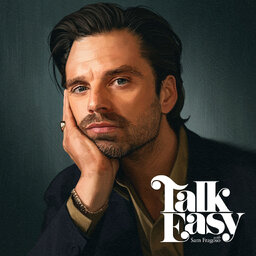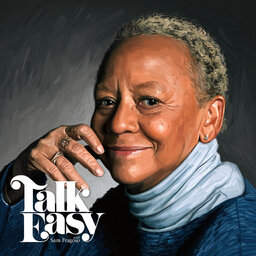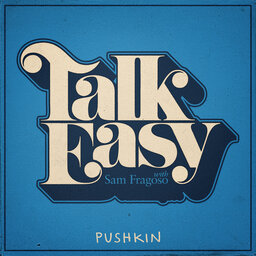Director Steven Soderbergh: Scene by Scene
Since 1989 (Sex, Lies, and Videotape), filmmaker Steven Soderbergh has been a pioneering voice in American cinema. Part free-wheeling iconoclast, part exacting technician.
Today, we return to our conversation with the legendary artist. First, Soderbergh describes his process making No Sudden Move amid the pandemic (8:38), his ability to push past creative blocks (14:34), the importance of 1998’s Out of Sight (31:00), the seismic impact of his late mentor, Mike Nichols (27:28), and how a formative moviegoing memory (28:48) informed his ideas on the role of storytelling (32:43). Before we go– Steven speaks candidly on the future of movies (39:20) and his role in them (41:13).
This episode originally aired June 27th, 2021. To hear our latest talk with Sean Fennessey, listen here. Thoughts or future guest ideas? Email us at sf@talkeasypod.com.
In 1 playlist(s)
Talk Easy with Sam Fragoso
Talk Easy with Sam Fragoso is a weekly series of intimate conversations with artists, activists, and…Social links
Follow podcast
Recent clips

The Year of Actor Sebastian Stan (‘The Apprentice’)
1:16:35

Remembering Poet Nikki Giovanni
44:21

Talk Easy in 2024: A Mixtape
58:40
 Talk Easy with Sam Fragoso
Talk Easy with Sam Fragoso